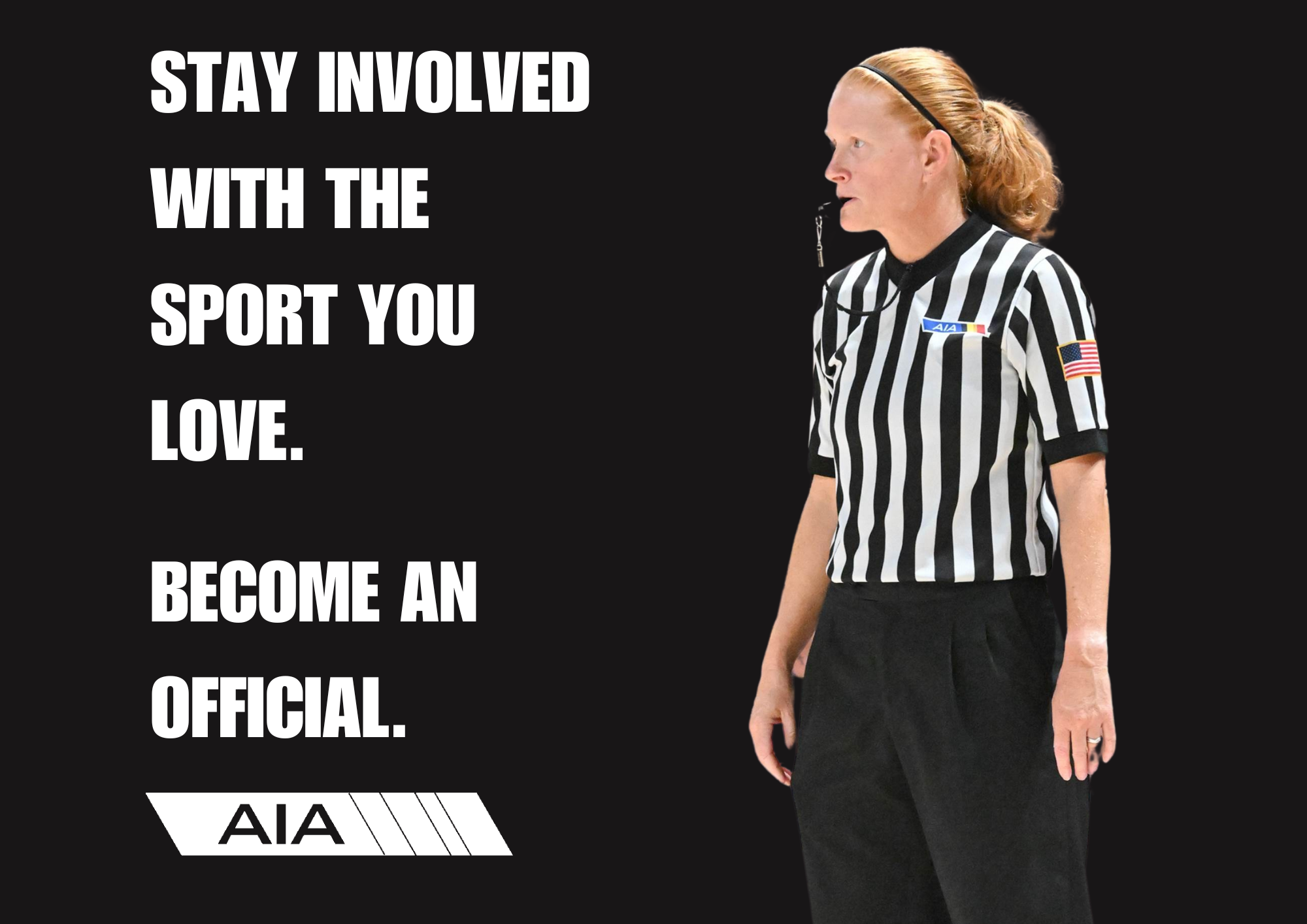Three players, two countries, one team
December 2, 2017 by Hailey Koebrick, Arizona State University
The Clanton and the Kwete families seem to have nothing in common at first glance. That is until you meet the teenage boys that make them up. A bond quickly formed between high school juniors, Casey Clanton and the Kwete twins, Eloi and Cosmos.
Themes of determination and hard work run deep within each of the boys, formed by very different experiences, experiences that ultimately led them all to the Central High football team.
They all have something to prove. For Casey, the need to prove something stems from his desire to step out of his father’s shadow. For Eloi and Cosmos, they need to prove that the sacrifices their parents have made were worth it. “We are trying to live the American Dream,” said Eloi.
Imagine having to leave the only home you’ve ever known. Leaving the culture, the food, the language, to immigrate at the age of 15. Having only a month’s notice that you and your family of nine were headed to somewhere almost 10,000 miles away.
A war that claimed the lives of millions served as the backdrop to the Kwete brothers’ childhood. Eloi and Cosmos Kwete are twin football players for Central High who have had anything but a quiet suburban life. The boys spent their first few years in the Congo before being relocated with their family to Zimbabwe as part of a refugee program.
Despite the war and poor economic status, “Sometimes there were good times in Zimbabwe,” said Cosmos.
Upon arriving in Zimbabwe, the family settled into the ghetto refugee area. “I remember walking a lot of miles to school because it was so far away,” said Cosmos.
Eloi and Cosmos began a life-changing journey when they picked up rugby. “In Zimbabwe rugby and soccer are the top sports. If you want to man up, those are the sports,” said Cosmos. As the boys continued to progress in the sport, they were recruited and received scholarships to attend more prestigious schools.
“It’s kind of the mindset in Zimbabwe of how football and basketball are here; everyone is fighting to make the team. It’s competitive on a high level in Zimbabwe,” said Eloi.
The Kwete family arrived in Arizona in the summer of 2016, after having only a month to prepare for the big move. “It was actually exciting and at the same time challenging, getting used to a certain lifestyle,” said Eloi.
“We miss the food, the people, the culture,” said Cosmos.
Originally the two played in a club rugby team in Arizona, but the boys were later approached by the head football coach about playing football. The twins had previously never played but decided to give it a shot.
“As a player of both sports, I can say that football is more about execution in the time you are given, there is no room for mistakes,” said Eloi, “In rugby, you can make a mistake and recover in as quick a time as possible. Football is more about focus and concentration. In Zimbabwe, rugby is actually much more aggressive. Rugby here is kind of light and soft.”
Added Cosmos, “Rugby here is not popular, people here don’t know what rugby is.”
In Zimbabwe when the brothers first started out playing close to where they lived, even simple things like fields to play on proved to be a struggle. “The ghetto part wasn’t actually grass so we arranged the field by ourselves,” said Eloi. Cosmos said the fields weren’t maintained. “The team would have to organize a day to personally maintain the fields,” said Cosmos.
Their recount serves in stark contrast to a picture of Casey kneeling on a perfectly manicured field for his flag football picture that hangs behind his father’s desk.
Clanton grew up a normal suburban kid, playing flag football from a young age until making the transition to tackle. “I started playing tackle football in 2008,” said Clanton. “My earliest memory of football was when I was in second grade and a flag was thrown at me. I looked at it on the ground, picked it up, and returned it to the official and he just started laughing.”
His cluelessness about the rules at first may come as a surprise, considering his father and now football coach, Jon Clanton, played for the Nebraska Huskers.
Having a parent that played at such a high level may be intimidating for some, but Jon never intended for his kids to see it that way.
“We’ve never been a family where he has to live up to me, it has been ‘You be you, play you, and we will see where it takes you,’” said Jon.
Casey has a slightly different view of things. “I think if your parents make it to a certain level, you want to make it at least there or higher. I’m out here to prove that my dad coached me to the best of his ability and I’m playing to the best of my ability.”
“I think he kind of needs to be his own person but it’s nice that he looks up to me,” said his father, Jon.
Dad doesn’t give Casey a pass on the field.
“Casey is the first one to get called out, I never want to see him jogging on the field or being lazy,” said Jon.
The No. 1 thing Jon has tried to instill in his son: “I don’t allow Casey to put his hands on his knees; I think it is a sign of weakness. My first day of college, we were running and as an incoming freshman everyone was yelling at me, ‘Don’t put your hands on your knees.’”
That hard work mentality proved a key component in establishing his friendship with Cosmos and Eloi.
Casey and the twins quickly found common ground that bonded them more than most players on their team. “Our work ethic is through the roof,” said Casey. The players have just come off a 6-4 record, but are not satisfied.
“Being injured really prevented me from making the moves I wanted to,” said Casey. Despite an overall mediocre season, the three are gaining interest from colleges across the nation. “Hawaii is looking at us for football,” said Eloi, “We want to go to college and pursue football at the next level.”
The juniors have already begun to look ahead to next season. “If we come together our senior year we will be unstoppable,” Casey said. “I think the main difference between us and everybody else is how much we put into what we do and what we love.”



